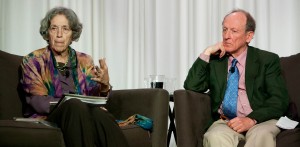 In the first in the series of conversions called Judaism Confronts Human Injustice Professor Dan Chirot and Ruth Messinger spoke about the topic of aid to Africa. It was a public dialog between Messinger who represented the American Jewish World Service organization and UW Professor Dan Chirot. The talk engaged with interested members of the Seattle community both Jewish and not. The dialog was both relevant to Jewish ideals of Social Justice – Tikkun Olam (תיקון עולם) “repairing the world” and for anyone working out for themselves the utility of giving money or food-aid to African governments, NGOs or individual local community groups. The central question and theme of the talk was:
In the first in the series of conversions called Judaism Confronts Human Injustice Professor Dan Chirot and Ruth Messinger spoke about the topic of aid to Africa. It was a public dialog between Messinger who represented the American Jewish World Service organization and UW Professor Dan Chirot. The talk engaged with interested members of the Seattle community both Jewish and not. The dialog was both relevant to Jewish ideals of Social Justice – Tikkun Olam (תיקון עולם) “repairing the world” and for anyone working out for themselves the utility of giving money or food-aid to African governments, NGOs or individual local community groups. The central question and theme of the talk was:
There was an amusing back story revealed about the connection between the host and moderator of the event Noam Pianko and Ruth Messinger: Noam recalled how he knew her from his childhood Synagogue and that he considered her a celebrity since he saw her picture printed in the New York Times often (Messinger was Manhattan Borough President at that time.)
In the course of their discussion, Chirot — who worked to assist Africans in agriculture in the 1960’s, and Messinger — CEO of the American Jewish World Service, both agreed that the situation in Africa is worse now than it was then. No magic cure was prescribed for the issues, but the role of productive and efficient use of aid money for projects that are effective in improving lives is worthy. There was doubt cast on food-aid projects that spend the majority of their money in shipping fees to move American grown crops to Africa and in turn hurt local farmers’ ability to sell their crops in their own counties.


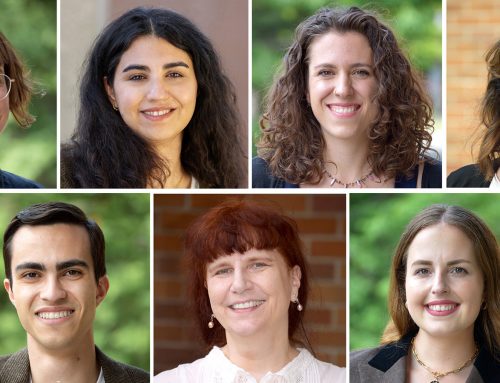
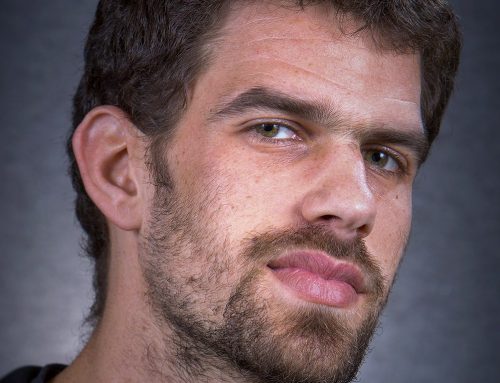
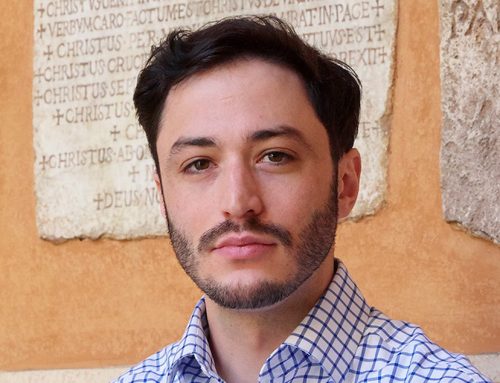
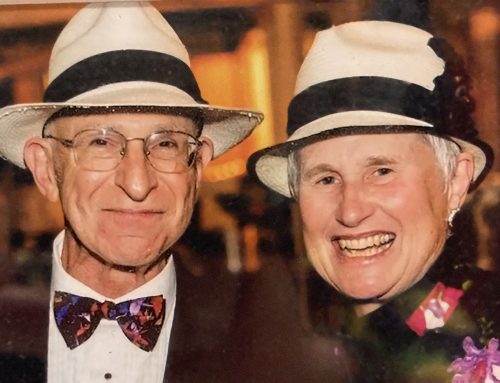
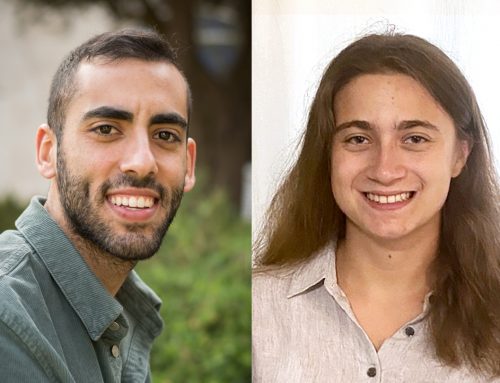
Leave A Comment